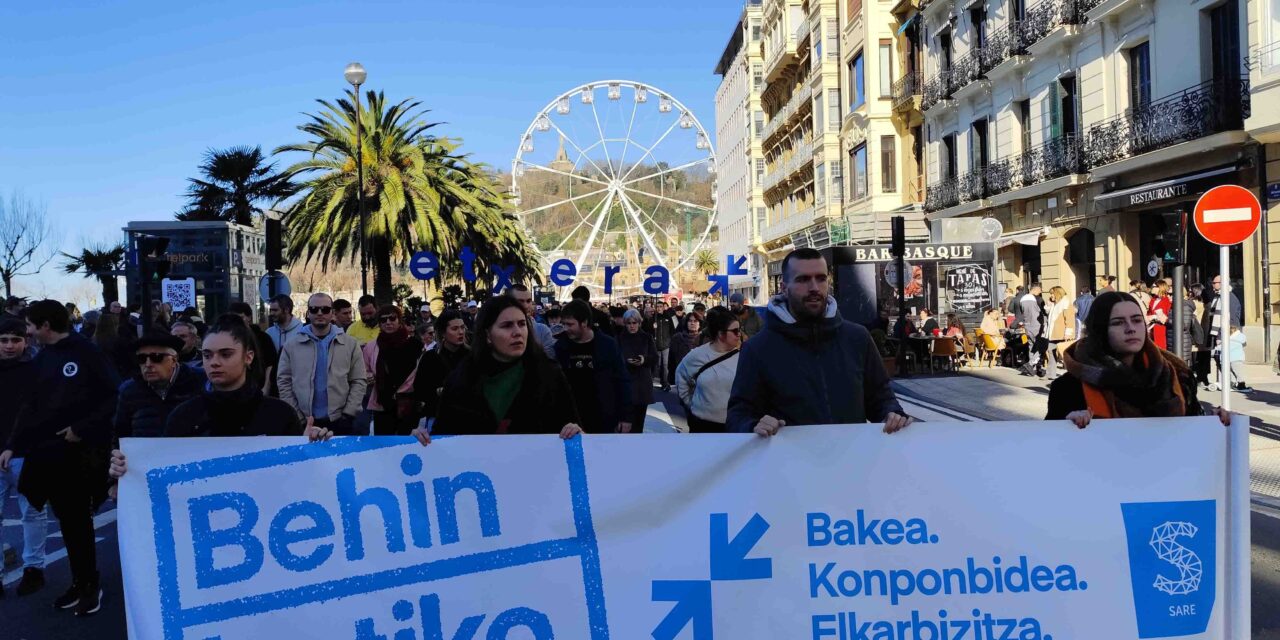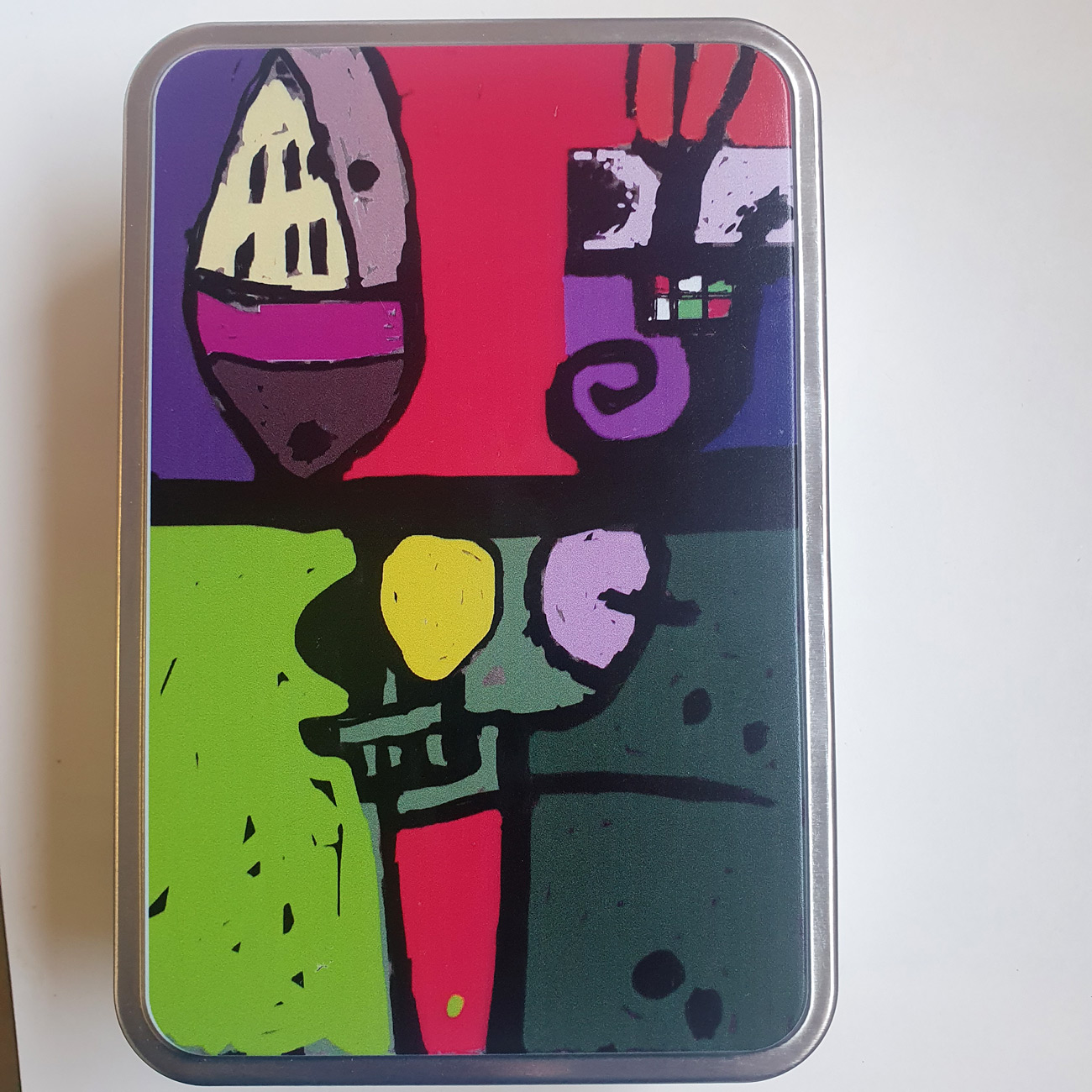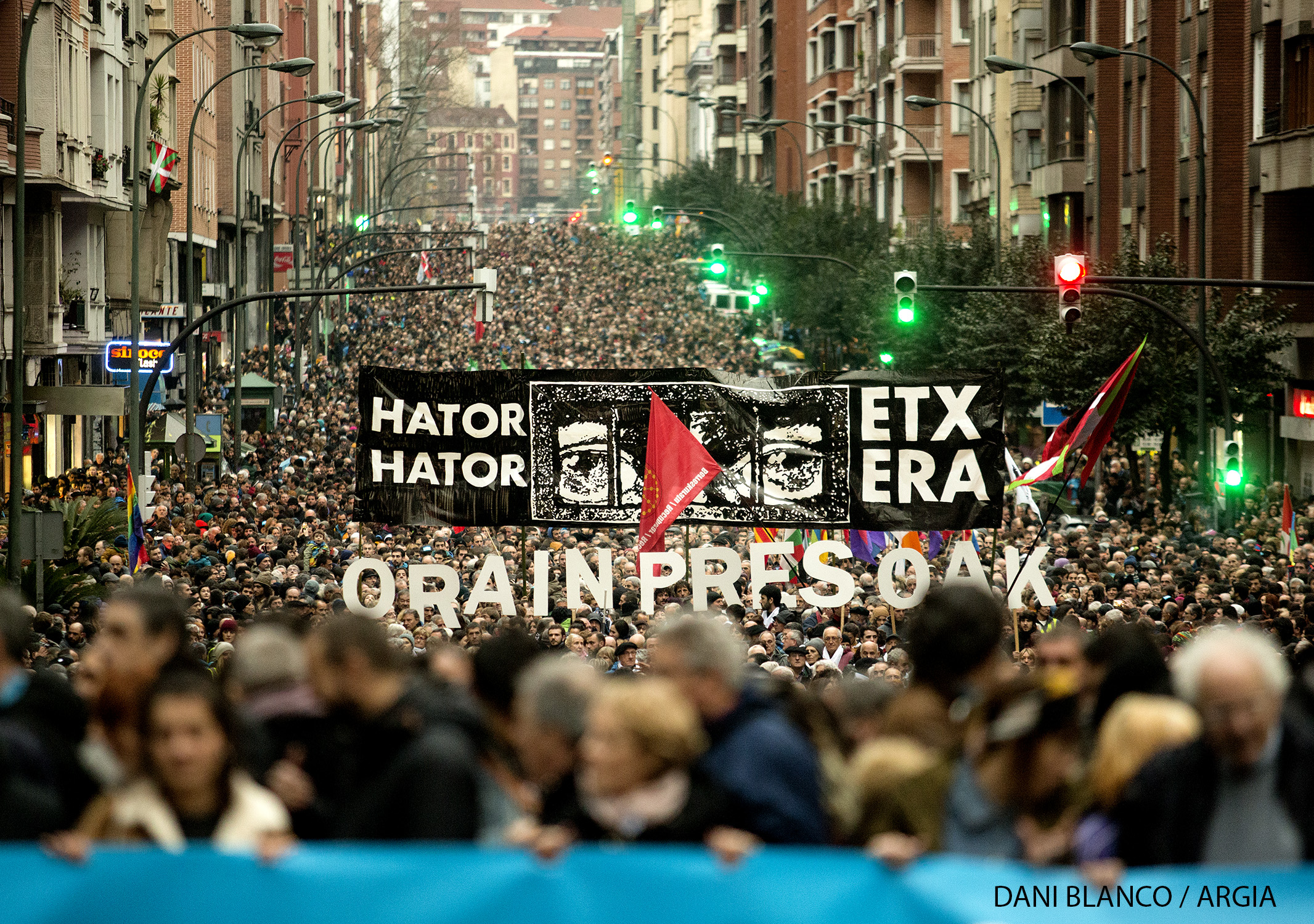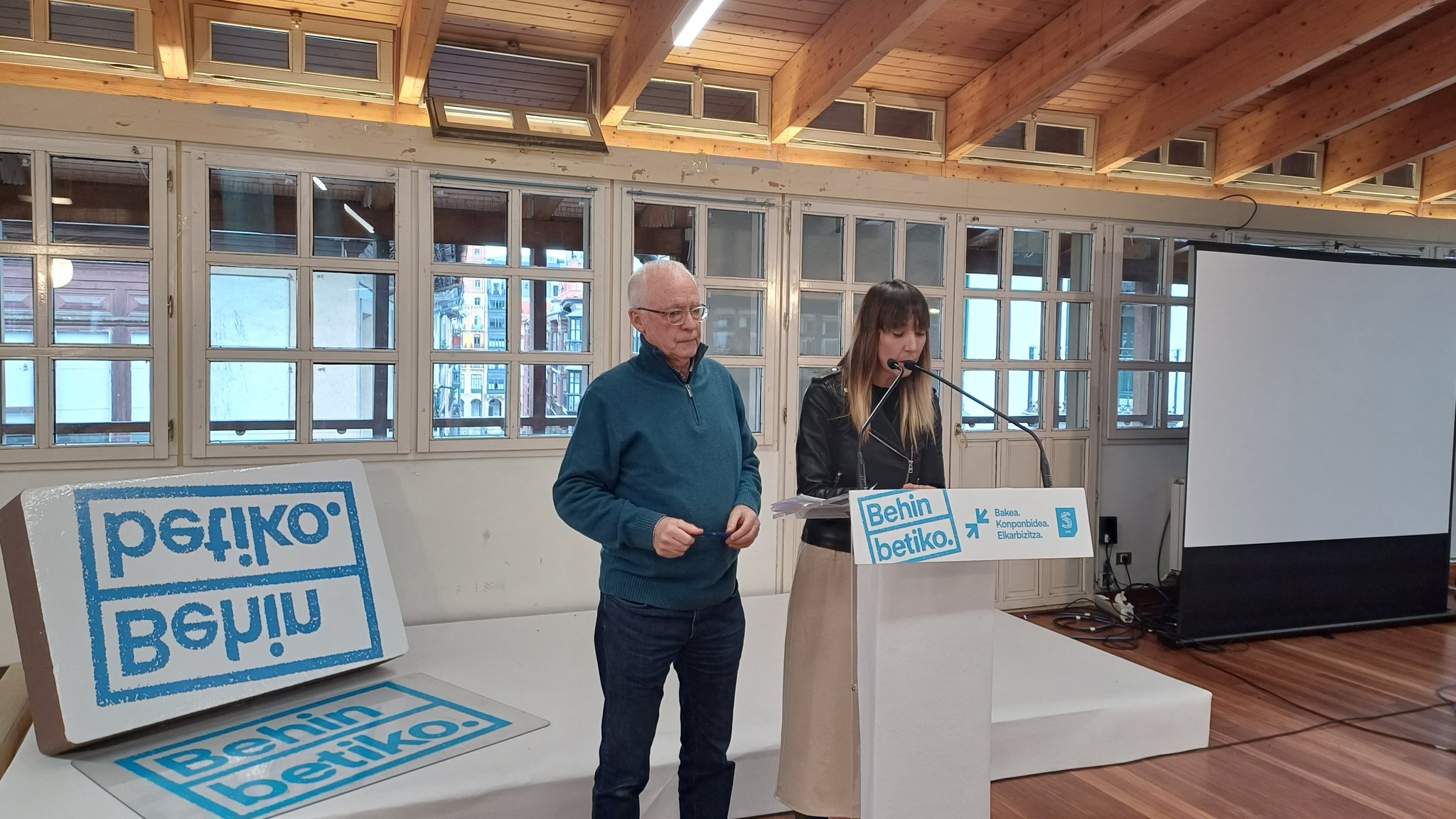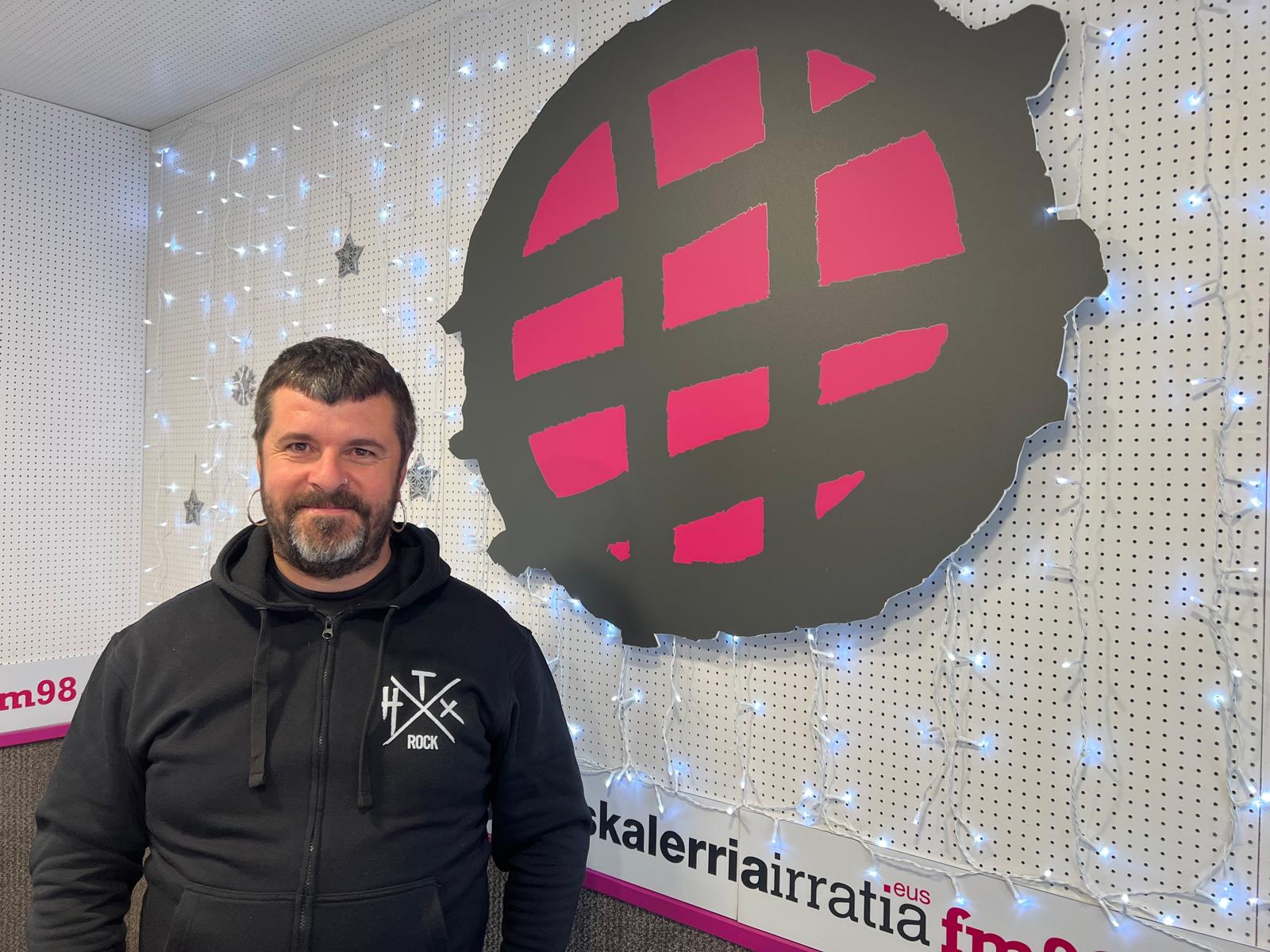Antton Troitiño, on probation
- This morning, 5 February, he went to the streets on condition that he suffers from a "serious and incurable" illness. In total, he has been sentenced to more than 30 years in prison.

On 5 February, Donostia Antton Troitiño, with a "serious and incurable" disease, left the Estremera of Madrid and was released on parole. ETXERAT has shown its "full support" and "solidarity" to the express and its relatives, to whom it has sent an institutional declaration.
Last January, the Supervisory Court of the Spanish National Court granted him the third grade at the request of Garzón’s defense. However, the Treatment Committee of Estremera Prison began a new procedure, that of parole, about to materialize. After exhaustion of all deadlines in the two proceedings, the Donostiarra has left prison by not opposing the prosecutor to the request for imprisonment.
The first symptoms of the disease appeared in April of last year and since then has not received any dignified care from the prisoner. Among other things, he was not treated until September. Also at the end of January he refused to undergo chemotherapy due to the prison conditions, as "he was not entirely viable to follow the treatment, both physically and anímically, because the conditions of imprisonment are insurmountable".
Over 30 years of inmates
Troitiño had to spend more than 30 years in prison. He was arrested in 1987 and remained in prison for more than 24 years. He went to the streets in 2011, after having served his entire sentence, but a few days later, in application of the Parot doctrine, he was arrested again. In 2012 he was arrested in London, where she was extradited and arrested by the Prosecutor’s Office. The European Court of Human Rights (ECHR) annulled the Parot doctrine and the Westminster Court rejected the extradition request, which was rejected. However, he was arrested again in London in December 2016 and spent several months in a detention centre for people without papers, until he was extradited to Spain in May 2017. From then on, the Donostiarra was in prison by court order.
“Saihestu egingo dira giza eskubideen, ordenamendu juridikoaren eta espetxeetako tratamendu psikosozialaren aurkako balioak eta jarrerak babestea, justifikatzea eta goratzea ekar dezaketen adierazpenak”, dio, besteak beste, agiriak. Azaroan Eusko Jaurlaritzako... [+]
Asteazken eguerdian berreskuratu du askatasuna astigartarrak, zigorra osorik beteta. Espainiako Auzitegi Nazionalak otsailean inputatu zuen ETAren zuzendaritzako ustezko beste lau kiderekin batera, Gregorio Ordoñezen hilketa leporatuta.
Martxoaren 13an lau urte bete dira Fran Balda arbizuarra istripuz hil zela. Preso, iheslari eta deportatuen etxeratzearen alde egin zuen lan, eta haren bost kidek idatzi diote gutun hau.
Frantziako Poliziak 2002an atxilotu zuen zumarragarra, eta 30 urteko zigorra betetzen ari da. Sare Herritarrak mobilizazioa deitu du datorren ostiralerako, Urretxuko Potros Plazan.
Iratxeren Bidasoaldeko Lagunak ekimenak deituta, dozenaka lagun kalera atera ziren atzo Iratxe Sorzabal preso politiko irundarraren absoluzioa eskatzeko eta behingoz etxera ekartzeko, torturak salatzeaz gain.
Sare Herritarrak antolatuta, pasa den urtarrilaren 11n Bilboko kaleak bete zituen manifestazio jendetsuaren ondoren, berriz sortu da eztabaida, euskal presoei salbuespen legeriarik aplikatzen ote zaion. Gure iritzia azaltzen saiatuko gara.
Espetxe politikan aldaketa nabarmena... [+]
Just as we experienced the flourishing of the Basque Country with the help of the artists, so that this time, taking advantage of their impulses, we continue to make our way together giving the necessary support to the Basque political prisoners, exiles and deportees
The... [+]
Jar gaitezen 2025erako proposamen politiko gisa, Espainiako Auzitegi Kolonialaren (AN) epai guztiak berrikusten hasteko eta makila bakoitzak bere belari eusteko.
Unionismoarekin lerrokatutako alderdi, sindikatu eta gizarte-erakunde gehienek, eta ez bakarrik horrela... [+]
Next Saturday, 11 January, the Sare citizens' network called for a new demonstration in Bilbao in defence of the rights of Basque prisoners. This is a unique opportunity to move forward on the path of coexistence in our people, after decades of violent confrontation and, even... [+]
Hatortxu Rock jaialdiko 29. edizioa egingo da larunbatean Atarrabian. Sarrerak jada agortuta daude, baina txandak osatzeko laguntza behar da oraindik.










